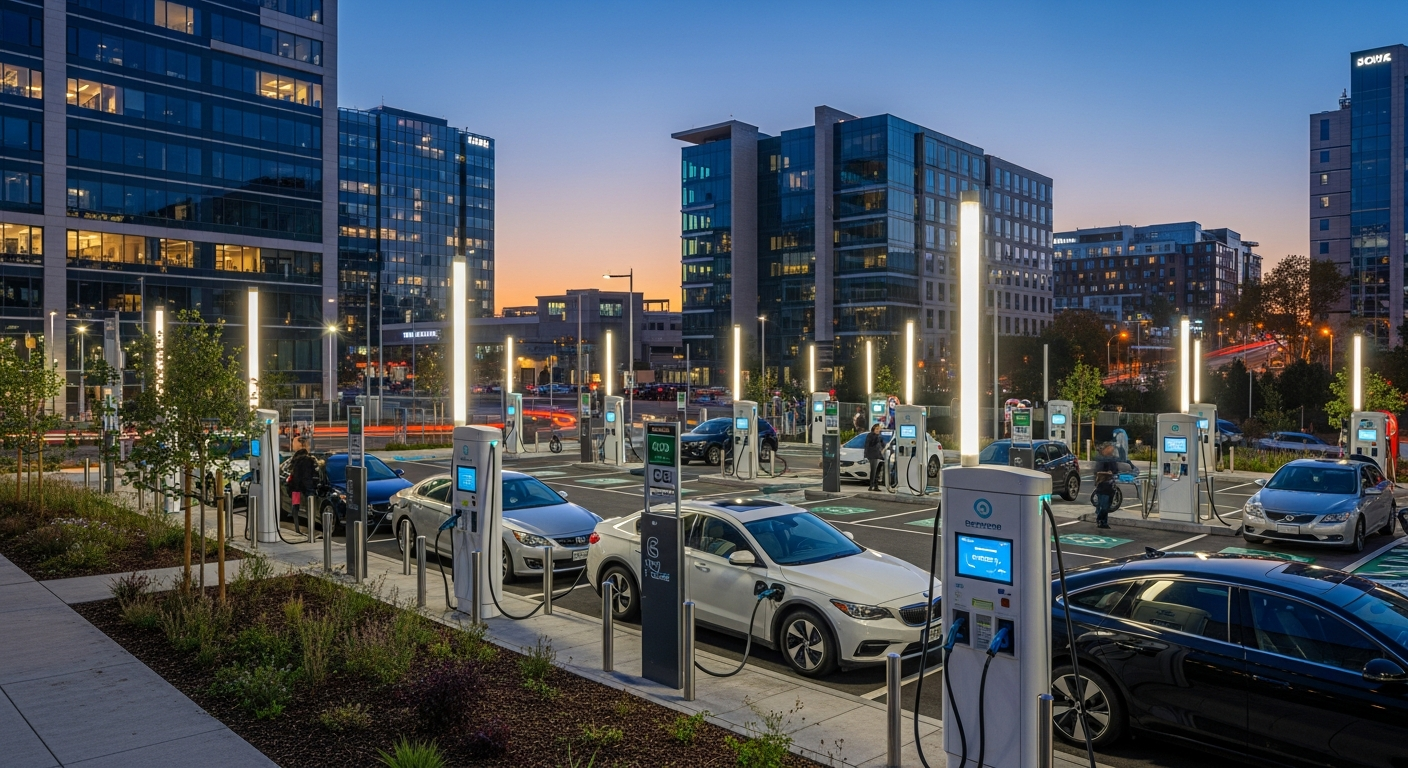Title: The Legal Landscape of Smart City Governance
Introduction: As urban centers evolve into smart cities, a new frontier of legal challenges emerges. This article delves into the intricate legal framework surrounding smart city governance, exploring the intersection of technology, privacy, and public administration. From data protection to algorithmic decision-making, we uncover the legal complexities shaping our urban future.

Data Governance and Ownership in Connected Urban Spaces
One of the most pressing legal issues in smart city governance revolves around data. As cities collect vast amounts of information through sensors, cameras, and connected devices, questions of data ownership, access, and control become paramount. Legal frameworks must define who owns the data generated within smart cities - is it the municipality, the technology providers, or the citizens themselves? Furthermore, regulations need to establish clear guidelines for data sharing between public and private entities, ensuring transparency while safeguarding sensitive information.
Algorithmic Accountability and Decision-Making
Smart cities often rely on artificial intelligence and machine learning algorithms to make decisions affecting urban life, from traffic management to resource allocation. This raises critical legal questions about algorithmic accountability and transparency. Lawmakers are tasked with creating regulations that mandate explainable AI, ensuring that automated decision-making processes in smart cities are fair, unbiased, and open to public scrutiny. Legal frameworks must also address liability issues when AI-driven systems make errors or cause harm.
Cybersecurity and Critical Infrastructure Protection
As cities become more connected, they also become more vulnerable to cyber threats. The legal landscape of smart city governance must include robust cybersecurity regulations to protect critical infrastructure and citizen data. These laws need to mandate security standards for IoT devices, establish protocols for incident response, and define liabilities in the event of data breaches or cyber-attacks. Additionally, legal frameworks must address the unique challenges of securing interconnected urban systems, where a breach in one area could have cascading effects across the entire city.
Public-Private Partnerships and Procurement Laws
Smart city initiatives often involve complex partnerships between governments and private technology companies. This necessitates a reimagining of public procurement laws and contract regulations. Legal frameworks must evolve to accommodate more flexible, long-term partnerships while ensuring public interest is protected. These laws need to address issues such as data rights in public-private collaborations, performance metrics for smart city solutions, and mechanisms for technology transfer and knowledge sharing.
Inclusive Design and Accessibility Regulations
As smart cities reshape urban landscapes, legal considerations must extend to ensuring inclusive and accessible design. New regulations are needed to mandate that smart city technologies and services are accessible to all residents, including those with disabilities, the elderly, and economically disadvantaged groups. These laws should address physical accessibility of smart infrastructure as well as digital accessibility of smart city applications and services. Legal frameworks must also tackle the digital divide, ensuring equitable access to the benefits of smart city innovations across all socioeconomic strata.
Environmental and Sustainability Compliance
Smart cities are often touted for their potential to enhance sustainability and reduce environmental impact. However, this potential must be backed by robust legal frameworks. New regulations are emerging to set standards for energy efficiency in smart buildings, emissions reduction through intelligent transportation systems, and sustainable resource management using IoT technologies. These laws not only mandate environmental compliance but also create incentives for green innovation in urban development. Legal considerations also extend to the environmental impact of the technology itself, addressing issues such as e-waste management and the carbon footprint of data centers powering smart city infrastructure.
In conclusion, the legal landscape of smart city governance is complex and rapidly evolving. As urban centers continue to embrace technological solutions, the law must keep pace to ensure that these innovations serve the public good while protecting individual rights. From data privacy to algorithmic accountability, from cybersecurity to inclusive design, the legal challenges are as diverse as they are critical. Addressing these issues requires a collaborative effort between lawmakers, technologists, urban planners, and citizens. As we navigate this new frontier, the legal frameworks we establish today will shape the smart cities of tomorrow, determining whether they truly enhance urban life for all or exacerbate existing inequalities. The journey towards legally sound smart cities is just beginning, and it promises to be as transformative as the technologies driving this urban revolution.






